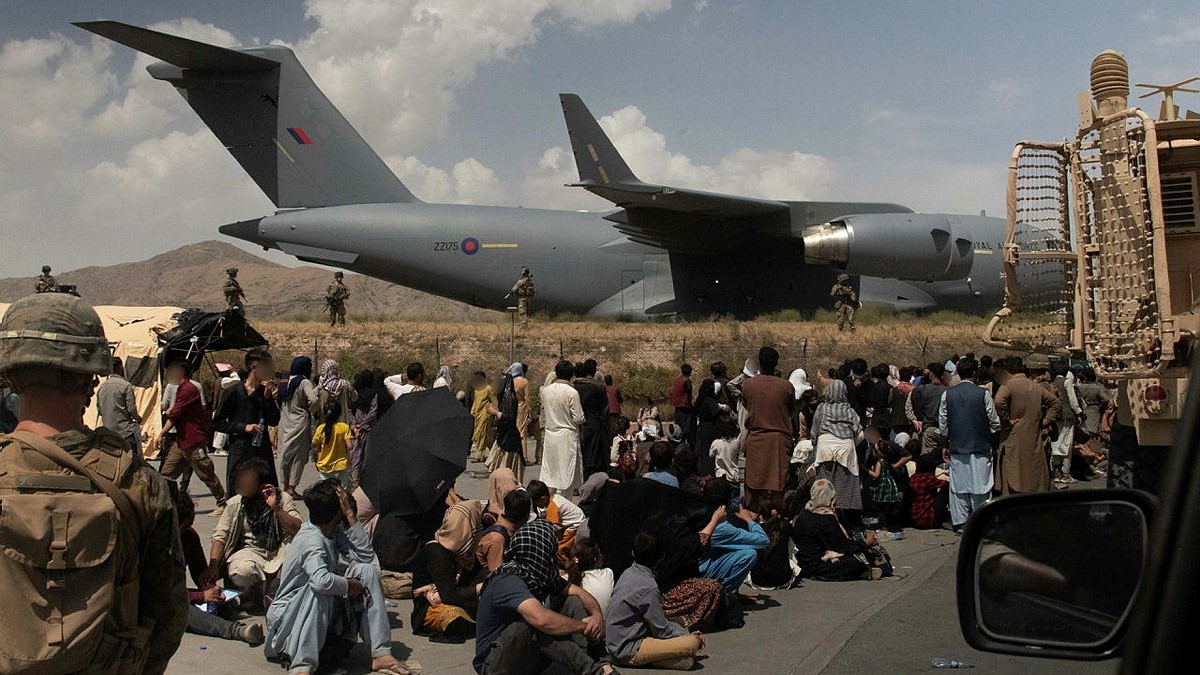
More than 7,500 ARAP applicants still await decision after Labour 'inherits' large waiting list

More than 7,500 applicants to the Afghanistan Relocations and Assistance Policy (ARAP) scheme are still awaiting an initial eligibility decision.
Armed Forces Minister Luke Pollard said that as of mid-December, 7,662 Afghans were waiting to find out whether they will be allowed to settle in the UK.
Mr Pollard was responding to a question from Liberal Democrat MP Tom Gordon who asked how many people were awaiting a response and how long the average response was taking.
In his answer, Mr Pollard said the timeframe for eligibility decisions varied due to a wide range of factors such as the length of time taken for applicants to respond and verification checks from other Government departments.
He said the Government had inherited a large number of applications but was committed to continuously improving the efficiency of the decision-making process so that eligible applicants could be identified and relocated quickly.
The ARAP scheme was created in April 2021 for Afghan citizens who worked for or with the UK Government in Afghanistan in "exposed or meaningful roles".
Anyone deemed eligible by both the MOD and Home Office may be offered relocation to the UK.
They are allowed to relocate with a partner, dependent children and additional family members who are also deemed eligible under the scheme.
When an ARAP application is made by an Afghan citizen, eligibility is initially considered by the MOD, which then requests further information about family members.
Applicants are filtered into one of four categories: Category 1 being high risk in need of urgent relocation, 2 being eligible, entitled to routine location, 3 not eligible and 4 is special cases requiring further consideration on a case-by-case basis.
In February 2024, the MOD launched an independent review, after BBC Panorama revealed UK Special Forces had blocked Afghan troops they fought alongside from relocating.
Leaked documents showed hundreds of legitimate applications from the Afghan 'Triples' (members of Afghan Special Forces Units CF 333 and ATF 444 who accompanied UK Special Forces on some of the most dangerous missions of the conflict) had been rejected.
When the Taliban swept to power in August 2021, the 'Triples' were amongst those at highest risk.
Many have been reportedly beaten, tortured and killed by the Taliban since.
The then-Armed Forces Minister James Heappey began a review of around 2,000 applications after admitting the decision-making process behind some rejections was "not robust".
In October 2024, the decisions were reversed and members of the Special Forces allowed to relocate.
Those who believe they are eligible for the ARAP can apply by using the online ARAP application form.









